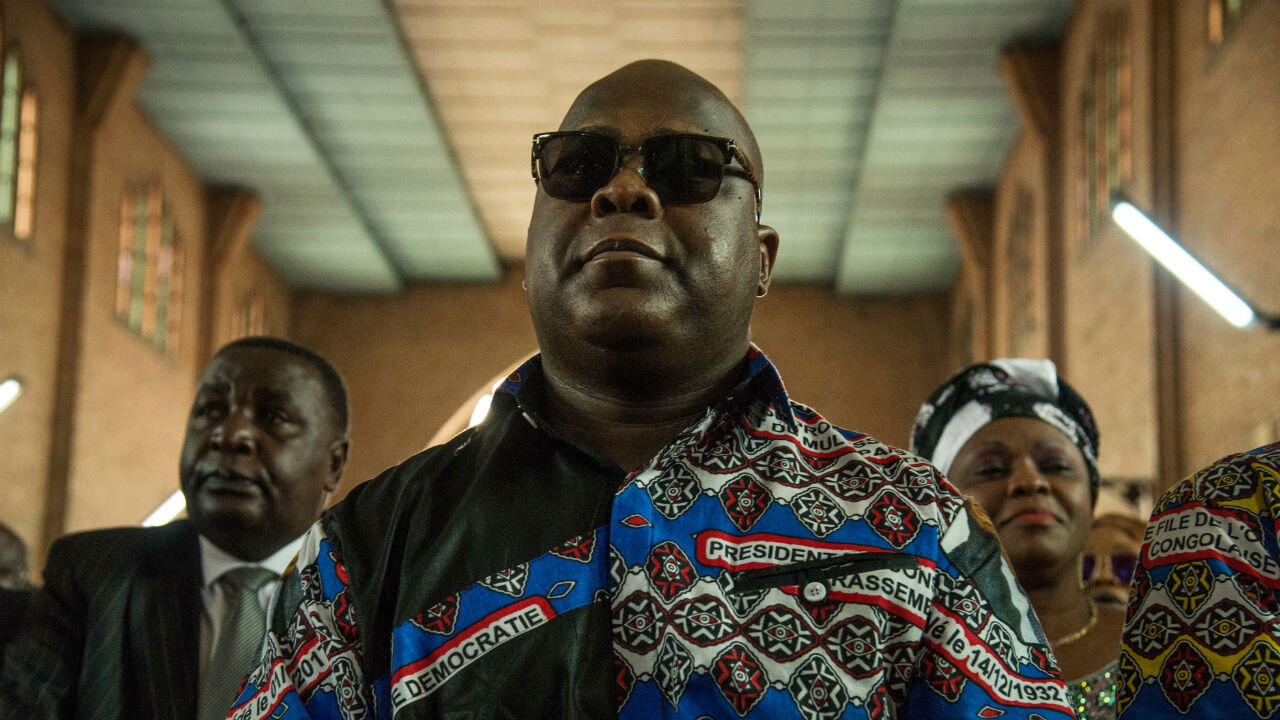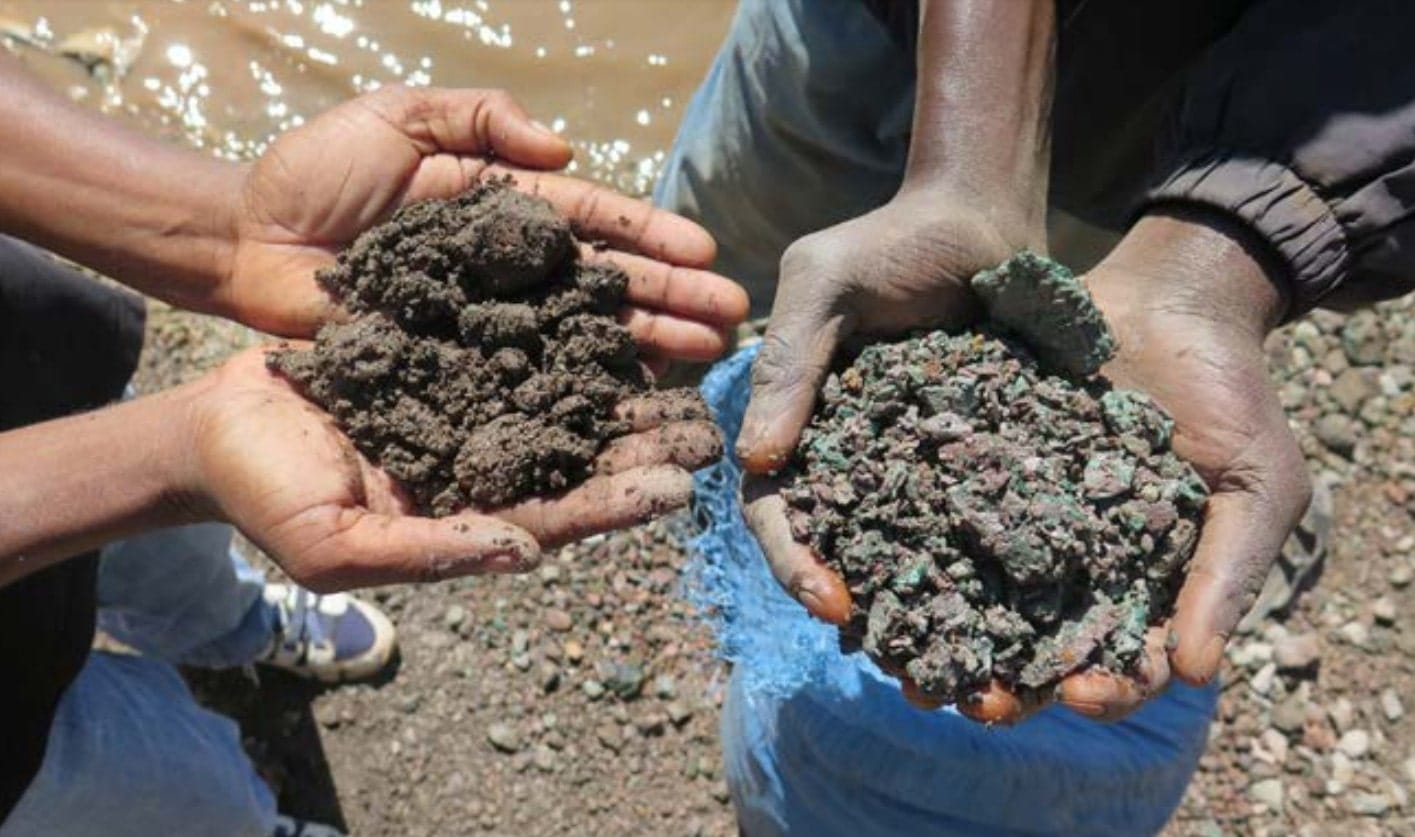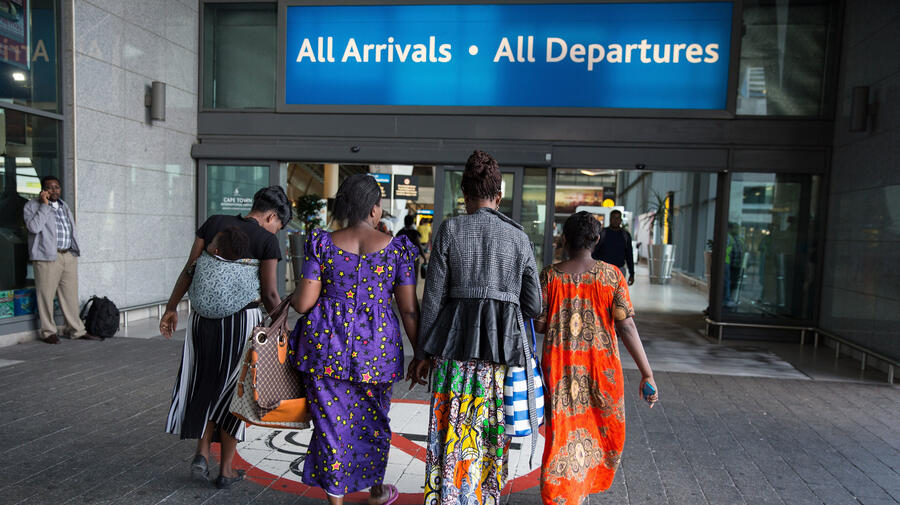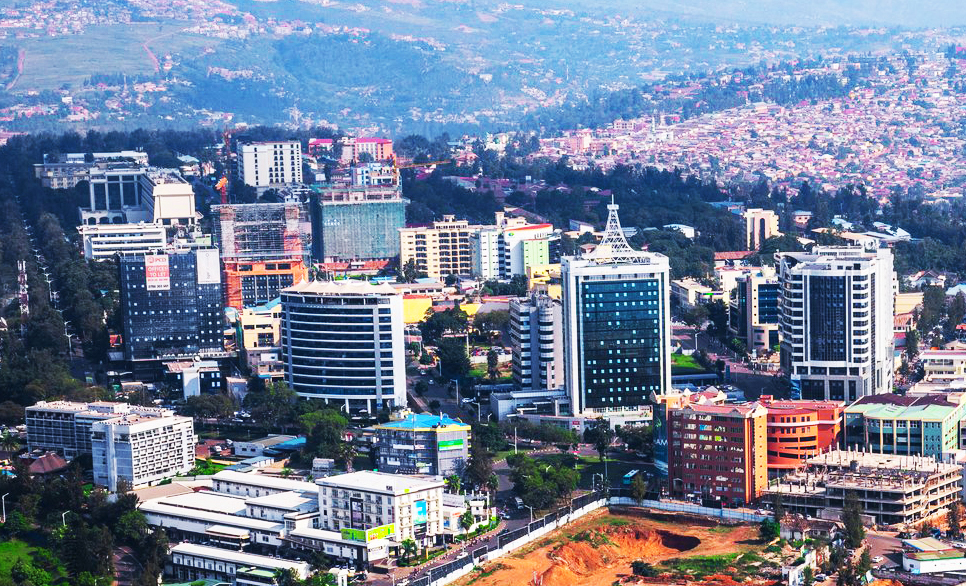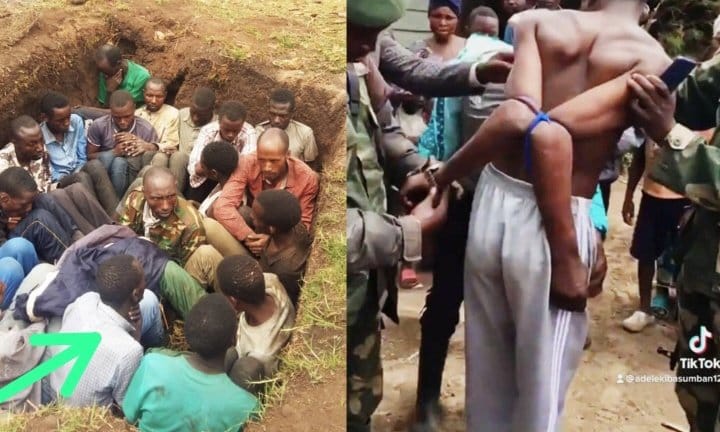Regional
Of the West’s hypocrisy in addressing plight of Congolese refugees
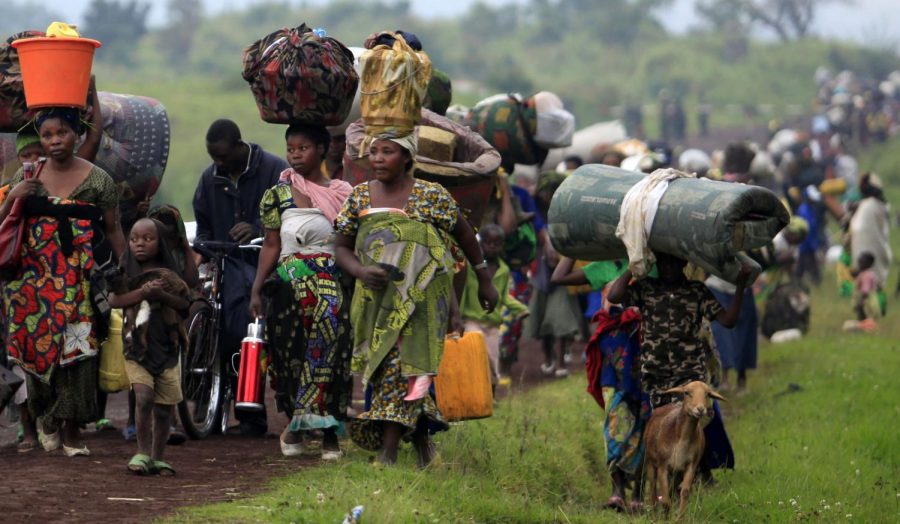
For almost
three decades, insecurity in the east of the Democratic Republic of Congo has
remained unresolved. The international community, especially the West, has showed
no interest in resolving this problem which resulted into the displacement of
millions of Congolese and the death of thousands others.
The West
has never been interested in addressing the root causes of the persisted armed
conflict in the region, or even suggested any sustainable solution.
Billions
of dollars were spent on the UN peacekeeping mission, MONUSCO, but the blue
helmets registered no single achievement in more than two decades. The armed
groups in the area multiplied from five to more than 260.
While covering this failure, some
foreign countries sided with successive incompetent governments in Kinshasa in
blaming neighboring Rwanda for insecurity in eastern DRC, knowing that Congolese
leaders failed to deal with their own internal problems despite the good advice
from regional leaders that all it requires is a political solution, not a
military approach.
Rwanda can never benefit from an
insecure DRC especially as the conflict in eastern DRC affected Rwanda in
different ways.
Today, Rwanda hosts over 100,000
refugees from eastern DRC fleeing persecution and a consistent threat to their
lives. The majority are Kinyarwanda speaking Congolese, especially the Tutsi.
Some of them spent more than 20 years in refugee camps.
How would Rwanda be causing the
conflict that will end up leading to influx of refugees on its territory?
Unfortunately, the ‘super powers’ have
invested in the resettlement of few refugees to their own countries instead of putting more efforts in convincing Kinshasa to
find a sustainable solution which would allow the refugees to return to their
homeland.
By investing more in resettlement,
the West reaffirms that there is no hope for restoring peace in DRC, and Rwanda
will keep on hosting thousands of Congolese refugees.
Why would Rwanda pay the price for
the incompetence of Congolese leaders?
Once they arrive in Western
countries, the Congolese refugees are offered jobs in industries, farms and
construction sites, but are often paid below the minimum wage. For these
countries, these refugees are much needed cheap manpower.
While Westerners argue that what
they are doing is charity, they are benefiting more from the scheme. It is
disappointing that the international community pays lip service to peace. Constant
insecurity in DRC has led to more than five million people being displaced.
More than one million Congolese have sought asylum, mostly within Africa,
according to the UN Refugee agency.
According to a 2021 study by the
World Migration Institute, countries refugees relocate to have been criticized
for inadequately supporting refugees and lack of political assistance. Then
there is the refugees’ low income status which will only lengthen with their
stay in host countries.
For far too long, the international
community has ignored the pleas of Congolese Tutsi, who are fighting for their
rights in their own country. Why are Western countries more invested in
resettling Congolese refugees to their countries, instead of investing in
finding a lasting solution to the security crisis in their country of origin?
Western countries are taking
advantage of the insecurity crisis in the east of DRC; they never invested in
finding a lasting solution to the crisis as they are profiteering from it, in
one way or another.
By February 2023, the UN Refugee
Agency reported more than one million Congolese refugees and asylum-seekers in
countries bordering DRC, with nearly half of them, 479,400, sheltered in
Uganda. Other 87,500 are scattered in Burundi, 80,000 in Tanzania, and
elsewhere.
According to the US State Department, a minimum of $2,275 per refugee is needed to cover the costs of resettlement, meaning that the US spends over $100 million to cover the resettlement bill of Congolese refugees per year.



